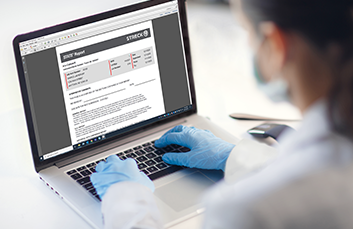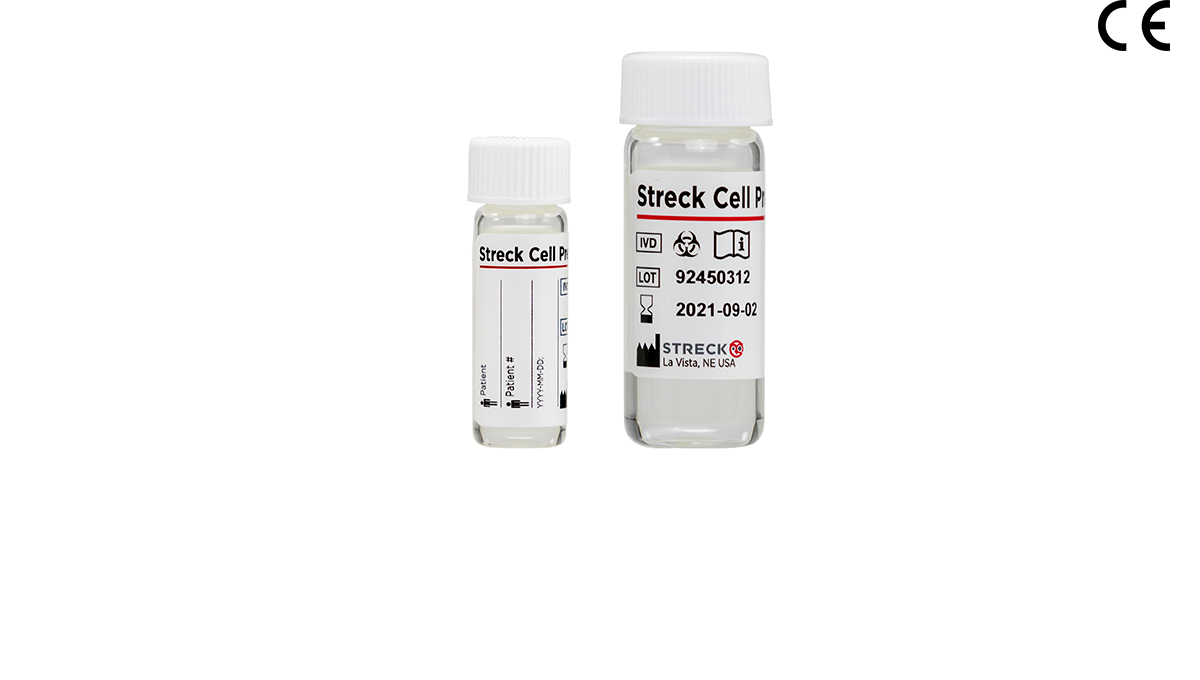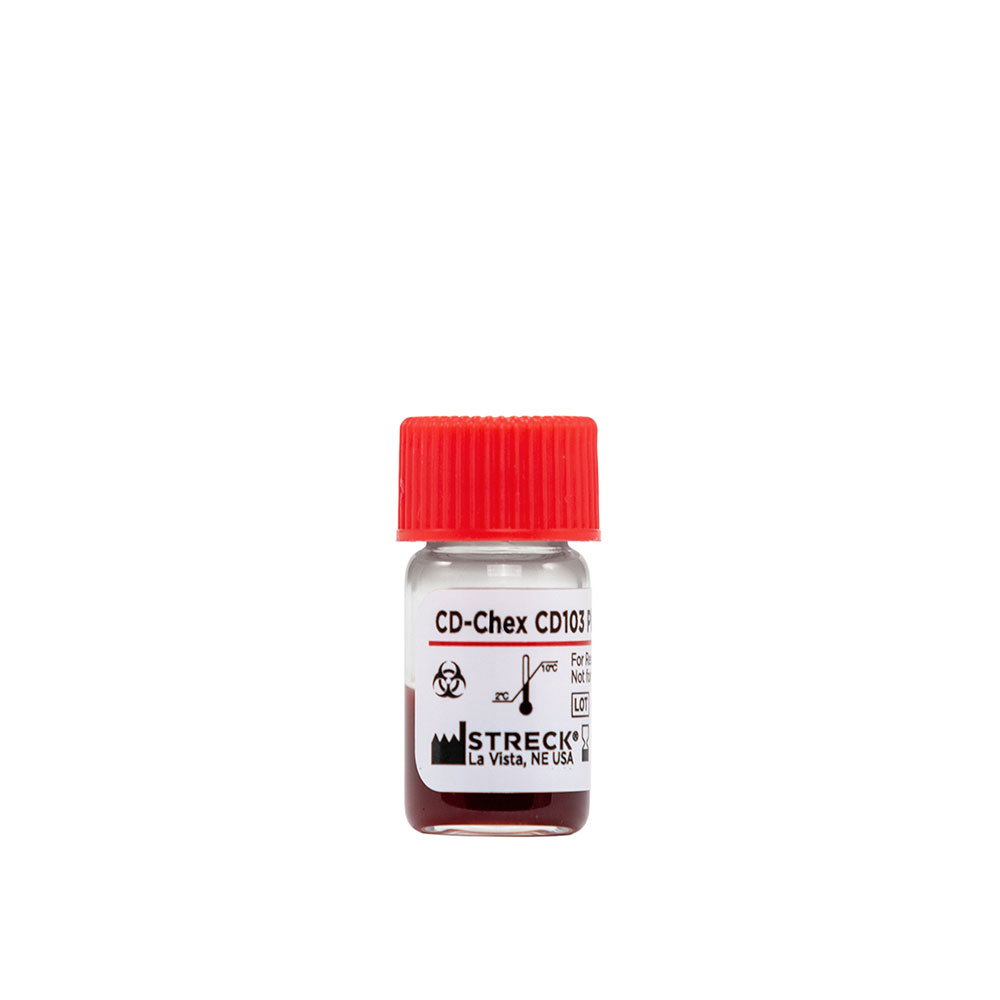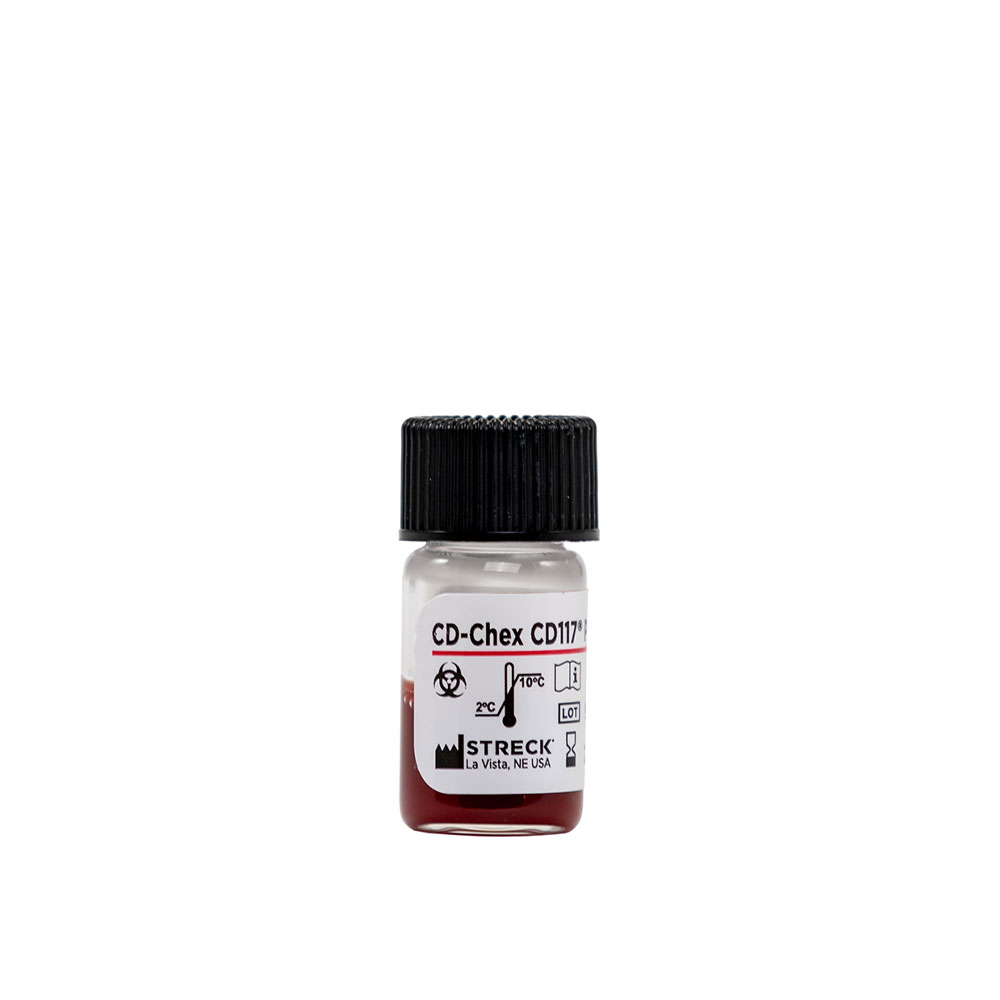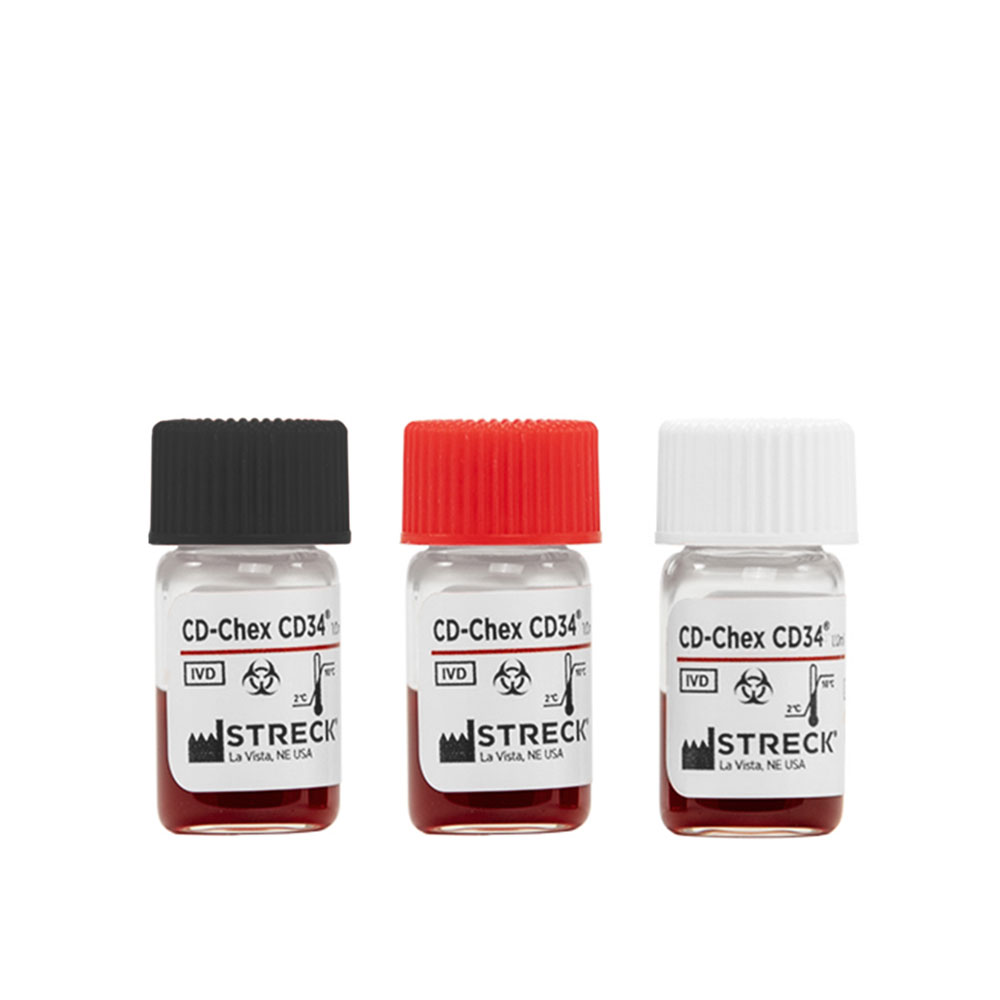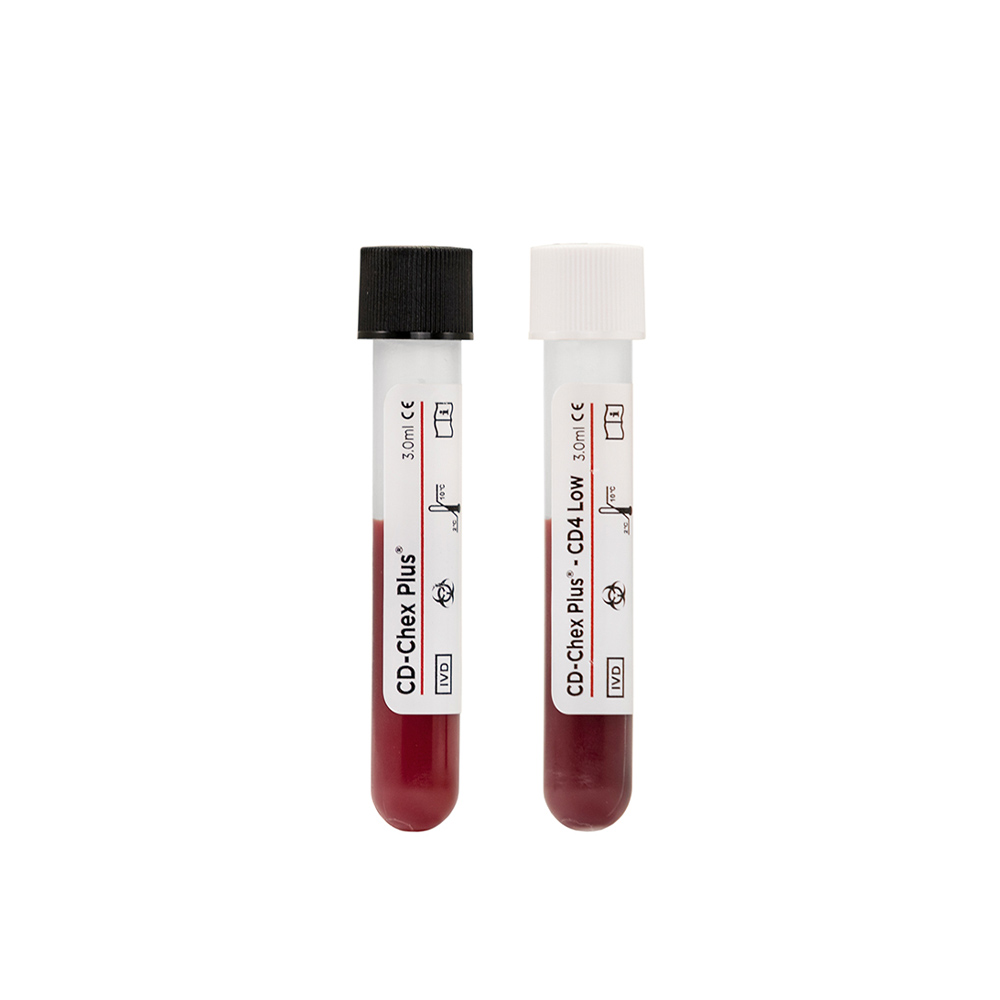Streck Cell Preservative®
Streck Cell Preservative is an easy-to-use liquid preservative that maintains white blood cell integrity and allows CD markers to be measured through flow cytometric analysis. Streck Cell Preservative stabilizes peripheral and cord blood samples, surgical tissue samples, bone marrow and fine needle aspirates for up to 7 days prior to analysis by flow cytometry.
Features
- Stabilizes samples for up to 7 days prior to analysis by flow cytometry
- Preserves peripheral and cord blood samples, surgical tissue samples, bone marrow and fine needle aspirates
- Available in 1 mL and 10 mL vials
Benefits
- Limits the adverse effects of time, storage and transport conditions on sample integrity
- Reduces the need for immediate sample processing and analysis
- Allows for the batching of samples, optimizing laboratory workflow
- Minimizes patient recalls, redraws and associated costs
Ordering Information
| Description | Catalog Number |
|---|---|
| 6 x 1.0 mL | 213350 |
| 50 x 1.0 mL | 213355 |
| 2 x 10.0 mL | 213358 |
Order Streck Cell Preservative today
New customers
Existing customers
International customers find a distributor
Citations
Resources
Instructions (IFU)
Certificates
Product Information
Application – Technical Notes
Declaration of Conformity
Looking for an older document? Click here for archived assays and certificates.

Cyto-Chex® Reagent Stabilizes Bone Marrow Cells and their Antigen Expression Profiles for Extended Analysis Using Flow Cytometry
Streck Cell Preservative is formerly known as Cyto-Chex
Cyto-Chex stabilized CD markers on the lymphocytes in bone marrow samples for up to 72 hours. The flow cytometric diagnosis is …
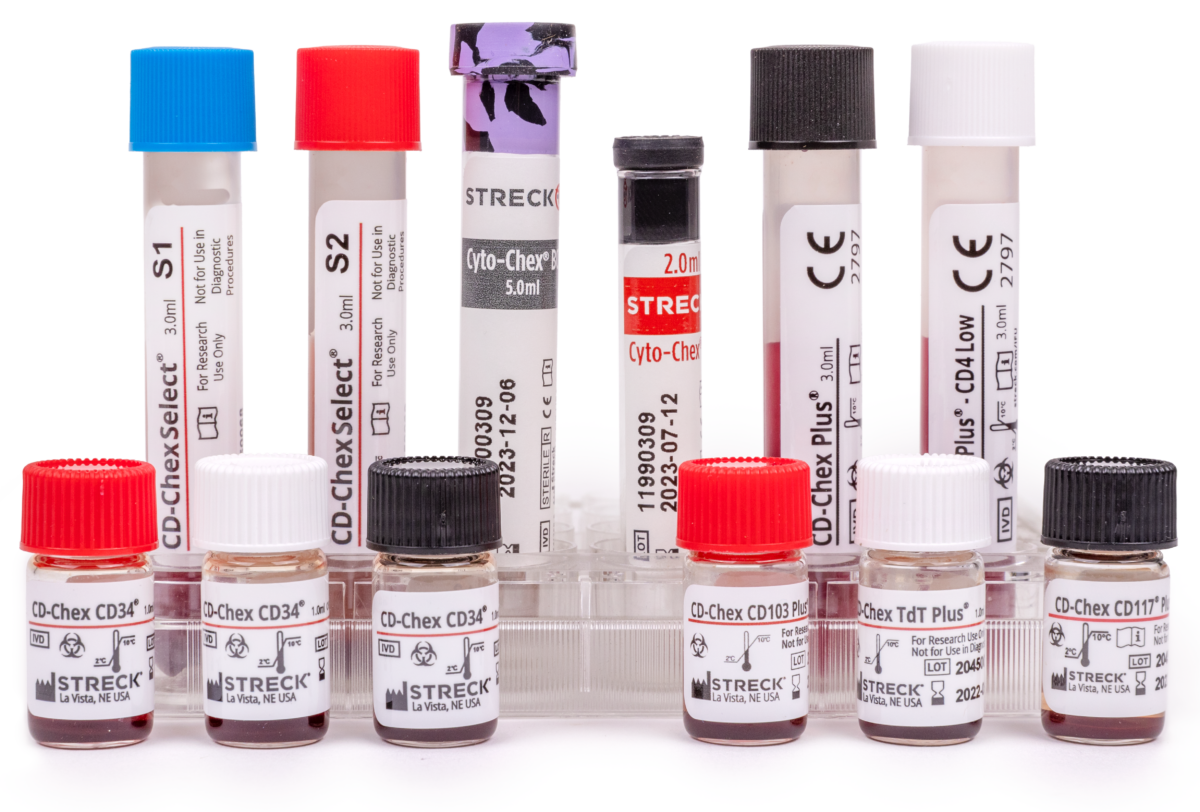
Flow Cytometry Products
We offer a comprehensive line of positive procedural controls and cellular stabilization products for immunophenotyping by flow cytometry. Our CD-Chex® quality controls provide you with assay values for various leukocyte populations, intracellular and surface markers, and our cellular stabilization products allow you to preserve samples for extended periods of time, eliminating the need for cold-chain shipping or immediate processing.
The latest from the blog

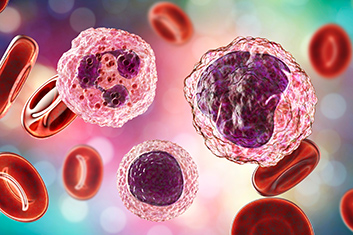
Flow Cytometry: A powerful tool for clinicians
